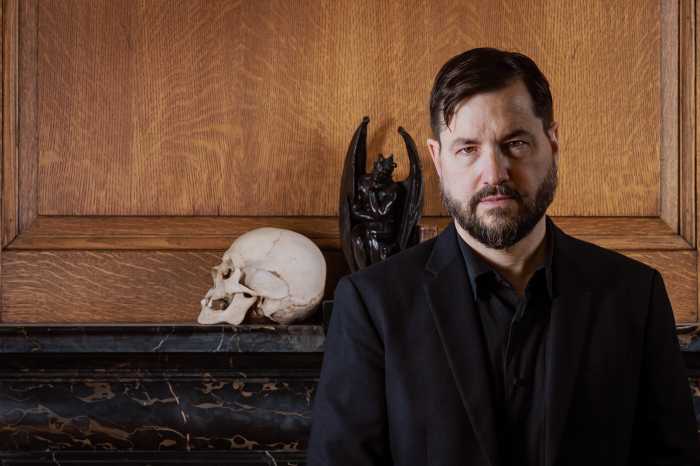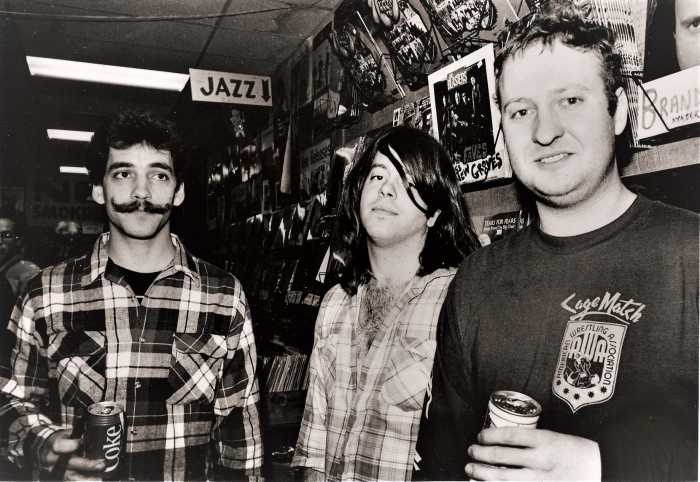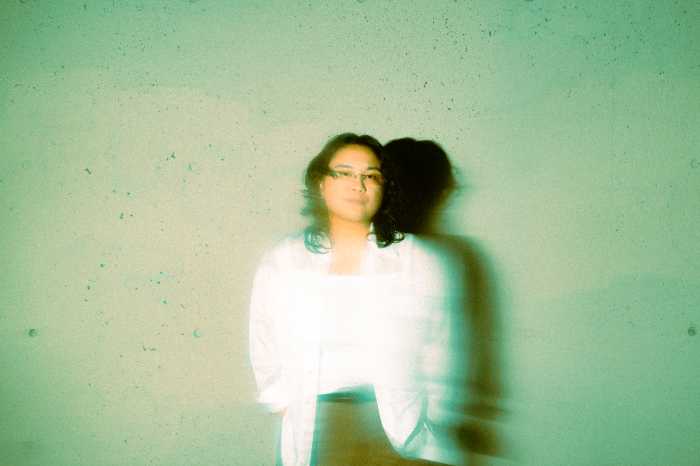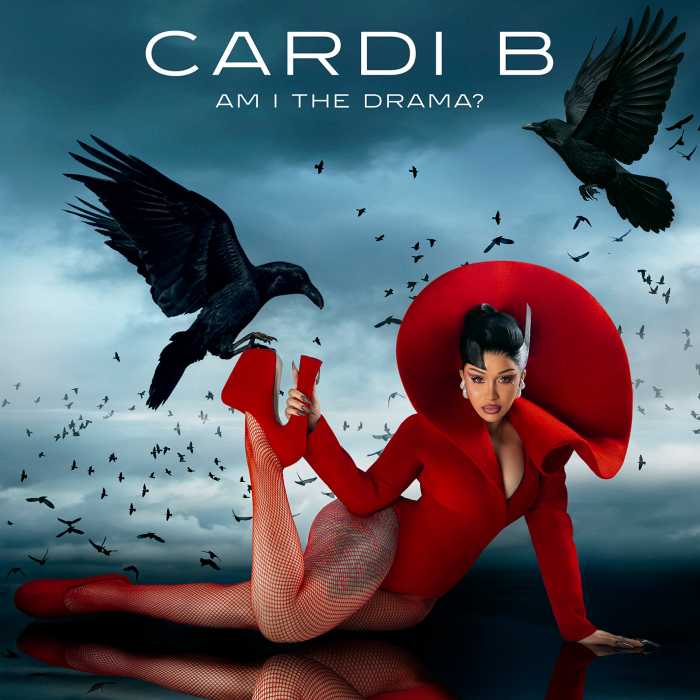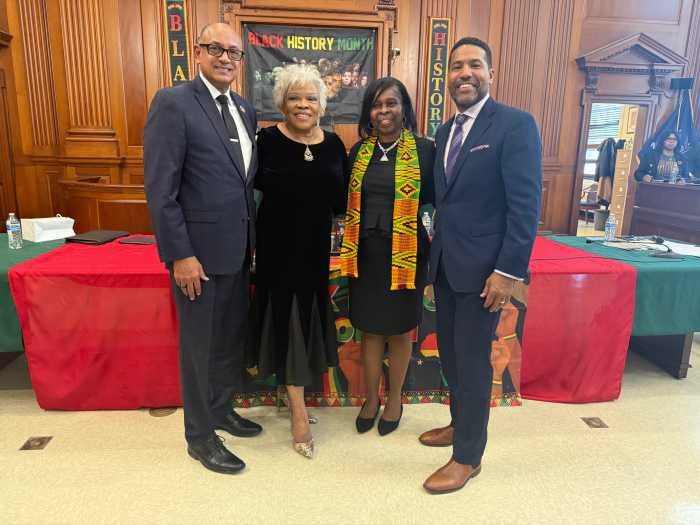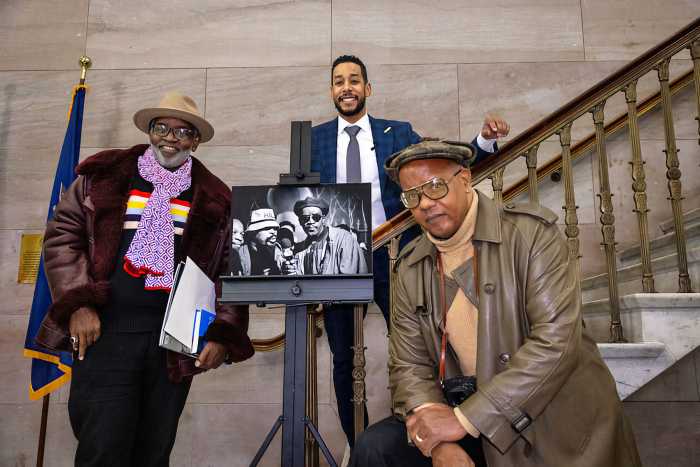November 2024 music roundup
This month, Gay City News reviews the latest albums by the veteran rock band Linkin Park, whose new singer Emily Anderson is queer, and non-binary, pansexual hyperpop singer Alice Longyu Gao.
Linkin Park |“From Zero” | Warner Records
What a difference tragedy makes! When Linkin Park first emerged, their lyrics sounded angst-ridden in a particularly adolescent manner. Song after song recounts a struggle with mental health: the titles of their hits tell the story: “In the End,” “Numb,” “Close to the Edge.” After singer Chester Bennington’s suicide in 2017, all this seems different. Rather than a calculated image, the darkness in their music was real. But they’ve never been hip, unlike the Deftones, who started out from a similar mixture of hard rock, hip-hop and electronic pop influences. Critic Ian Mather wrote “to the extent that Linkin Park ever were/are cool, it’s at least partly because they absolutely do not seem to care if some people find them cringey.”
In retrospect, Linkin Park appealed to such a wide audience by offering a pop-friendly version of nü metal, with the machismo stripped out. While nü metal bands sometimes centered men’s suffering from depression and sexual abuse in a way that was rare in ‘90s pop culture, the genre’s notorious for lunkheaded attitudes: take Jonathan Davis and Fred Durst trading homophobic insults against each other on Korn’s “All In The Family.”
After Bennington, they’ve launched their second act. Hiring Anderson, the former singer of Dead Sara, as his replacement proved controversial. A second-generation Scientologist, she attended a hearing in actor Danny Masterton’s rape trial, which ended in a guilty verdict. After criticism, she declared that she made a mistake. If the band has been dragged on legacy and social media, it hasn’t diminished interest in their return. Rock music almost never hits the top 40 these days, but Linkin Park’s comeback single “The Emptiness Machine” got as high as #21.
It proves to be a striking return, yet its air of defensiveness sets the stage for the album. While Armstrong’s vocals demonstrate her range, her hoarse shouts are her greatest gift. (“Casualty” begins with Shinoda telling her “get your screaming pants on.”) Some of the album’s best moments turn the volume down and introducing a counter-melody, but the anger of “Casualty” really cuts. All the same, the band’s rage never settles on a real, specific target. Their lyrics take aim at a “you” who could stand in for a lover, listeners who are skeptical the band can continue without Bennington or various political forces: “you’re too ignorant to fail,” “you should have recognized/it’s too late for choosing sides,” “from now on I don’t need you.” Instead of heading towards catharsis, the band just sounds bitter, remaining vague enough to avoid offending anyone. It’s not helped by similar song structures, where verses with airy electronics lead into shouted choruses and loud guitars. Linkin Park have enough professionalism to make “From Zero” listenable, but the flipside is its reliance on formula.
Alice Longyu Gao | “Assembling Symbols Into My Own Poetry” | Alice The Label

Alice Longyu Gao (or ALG, as their fans have come to call the Chinese singer) is out to have a blast with their music. The music video for “<3 Korean Girls” makes this clear. (Beyond music, they’re an artist, and visuals are an important form of expression to them: they’ve dropped four videos for songs from “Assembling Symbols Into My Own Poetry.”) It spins sexualized imagery of women getting sprayed with water and soap at a car wash in a queer direction rather than pandering to heterosexual men. Featured rapper Omega Sapien, who’s a man, lays on the ground as suggestive drops of white soap fall into his mouth. The video threatens to get out of control, as the camera shakes up and down as though it were moshing to the music.
If ALG ran the risk of making novelty songs in the past, they’re taking a slightly more serious approach. On “Bird w/o Nest,” Danny Brown raps about emerging from his struggle with addiction into a more positive state of health: “I learned I only hurt myself when I didn’t ask for help.” “Clingy” begins as a ballad. But humor remains at the forefront: they declare “LGBT, more like ALGBT.” (Last year, they gave us the album “Let’s Hope Heteros Learn, Fail and Retire.”) They mean “most of you lesbians are f**king crazy” as high praise. Their arrangements contain a jokey streak, like the out-of-place saxophone on “Little Piggy.” “Assembling Symbols Into My Own Poetry” brings a noisy edge influenced by 2010s EDM into hyperpop. “<3 Korean Girls” speeds up near the end.
Most of “Assembling Smybols Into My Own Poetry” sounds like it was created on a computer, apart from Simon Hwang’s saxophone, but Gao integrates harp into a few songs. The production can be exciting, as with the woofer-shaking sub-bass, 808s and dubstep wobble of “<3 Korean Girls.” But it also gets overly messy, with instruments blending together into an indistinct mass. Sapien’s vocals are murkier than Gao’s, dampening his verse’s impact. Still, the eight-song, 23-minute mini-album stands up to repeat listening, as Gao’s wit and pleasure in their music are infectious.


